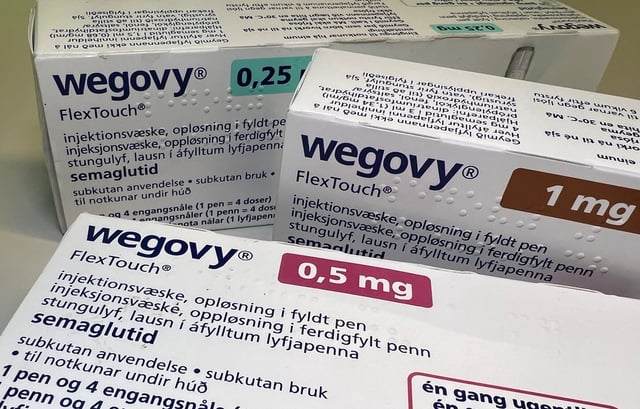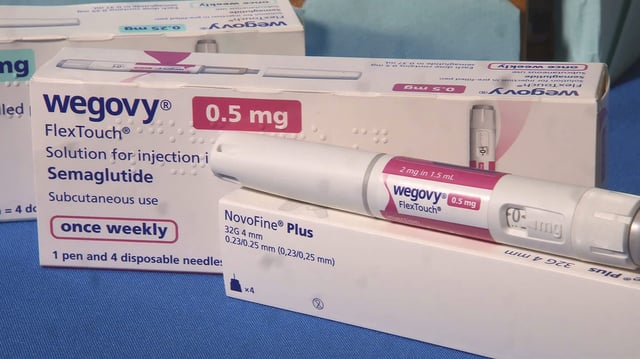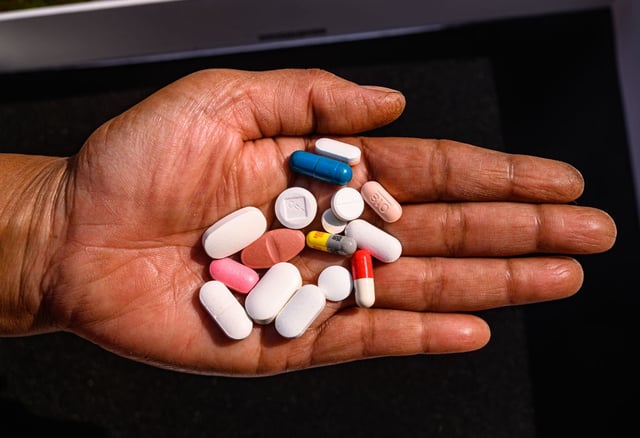Overview
- The U.S. has officially imposed tariffs of 20% on pharmaceutical imports from the EU, 26% from India, and 34% from China, breaking the industry's exemption under a 1994 WTO agreement.
- Pharmaceutical companies are lobbying for a phased implementation to minimize immediate financial disruption and allow time for potential manufacturing relocation to the U.S.
- The tariffs are expected to disproportionately impact generic drug manufacturers and active pharmaceutical ingredient (API) suppliers, particularly in Asia, due to their thinner profit margins.
- Ireland and Denmark, key pharmaceutical export hubs, face significant economic risks, with Ireland exporting over $50 billion in pharmaceuticals to the U.S. last year.
- Major pharmaceutical firms, including Novo Nordisk and Merck, are assessing strategies to adapt to the new trade environment, while governments engage in discussions to mitigate the fallout.


